
Oluwakemi Awe is a PhD student, in the School of Public Health at the University of Saskatchewan. Prior to coming to Canada, Ms. Awe worked as an international consultant for the Next Generation Project (Making Sexual and Reproductive Health Work for the Next Generation') at the Swiss Tropical and Public Health Institute, Switzerland. She has also conducted several epidemiological studies related to different aspects of health: help-seeking behavior; sexual and reproductive health (SRH) indicators and services uptake; unmet healthcare needs; and pregnancy-related musculoskeletal disorders. Her core research interests include maternal health, sexual and reproductive health, psychosocial, sociocultural and behavioural determinants of health, and pregnancy-related chronic musculoskeletal disorders. Ms. Awe is currently working on her PhD. dissertation that aims to evaluate the burden of persistent pregnancy-related low back and pelvic girdle pain in the Canadian postnatal population. Using a mixed methods approach, Ms. Awe will evaluate the prevalence, risk factors, comorbidities and lived experiences, including, coping strategies and perceived access to care for low back and pelvic girdle pain post-delivery. Ms. Awe has a M.Sc. in Applied Epidemiology, from the Swiss Tropical and Public Health Institute, University of Basel, Switzerland. She also has a BSc in Microbiology from the Obafemi Awolowo University, Nigeria.
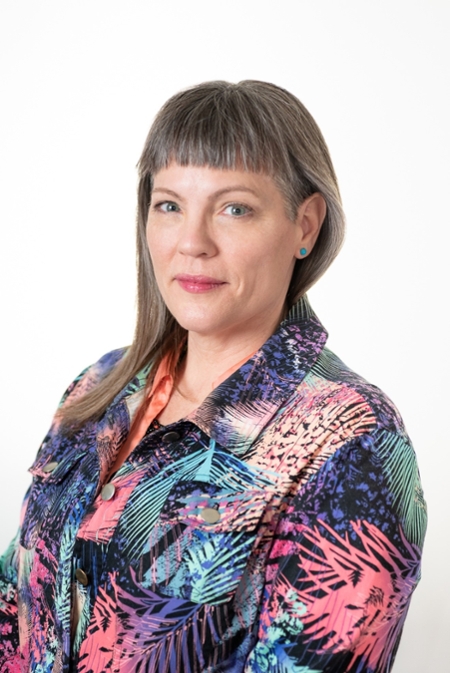
Samantha Black (she/they) is a qualitative research associate with the MHAC Research Group, and coordinates musculoskeletal and access to care projects. She is a past clinical social worker and is currently a PhD Candidate in Psychology at the University of Saskatchewan. Samantha is a Lecturer in Psychology at First Nations University of Canada and leads Queer Voices, a research project highlighting stories from Saskatchewan’s 2SLGBTQI+ seniors and youth, partnered with ReGeneration Arts and the Western Development Museum. She earned her MA in Psychology studying integrative healthcare programming within Indigenous-led communities in South America. Her work focuses on community wellness, integrative and creative therapies, grief process and decolonizing strategies.
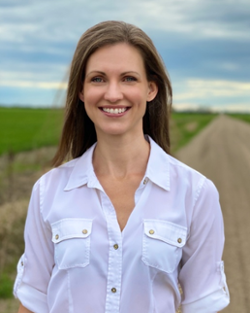
Katie Crockett is a post-doctoral fellow at the School of Rehabilitation Science and the Canadian Centre for Rural and Agricultural Health. She is an active physiotherapist in the community, with 10 years of experience providing care in a multi-disciplinary setting for patients residing in urban and rural areas of Saskatchewan. Her first major foray into research was studying musculoskeletal health factors contributing to fall and fracture risk in postmenopausal women using peripheral quantitative computed tomography (pQCT) imaging for her doctoral thesis. Katie completed her PhD in October of 2015 and has now extended her research into a variety of musculoskeletal clinical topics as Adjunct Faculty at the School of Rehabilitation Science and a clinician-researcher at Bourassa and Associates Rehabilitation Centre. She is interested in optimizing the management of patients through their course of recovery by collaborating and facilitating access to appropriate interdisciplinary consultations. A focus involves demonstrating the efficacy of physical therapy and expanding the scope of the profession, which she believes will improve systemic efficiency and patient care. She is uniquely positioned to evaluate clinically relevant topics, facilitating immediate translation to clinical care. She is passionate about data analytics to drive improvements in patient care and the health care system, which has led her to pursue a postdoctoral fellowship. Katie’s postdoctoral fellowship is a patient-led mixed methods investigation of health care access challenges for back pain care across the rural-urban continuum in Saskatchewan. Using patient experiences, healthcare provider experiences, as well as data available through administrative platforms, her research will explore health care access barriers and facilitators and determine factors/measures that are most meaningful to patients. These measures can be used in future studies to evaluate chronic back pain access and clinical interventions and provincial comparisons, ultimately leading to enhanced access to more patient-centred care for chronic back pain across Canada.
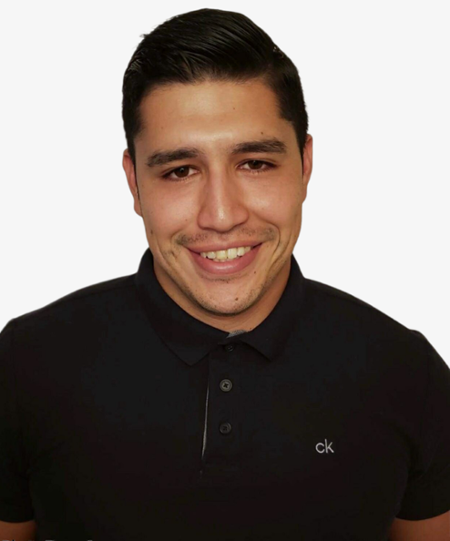
Diego Diaz is a final year Masters of Physical Therapy student at the School of Rehabilitation Science. Prior to starting his MPT degree, he earned his BSc. Kinesiology degree from the College of Kinesiology at the University of Saskatchewan. Currently, Diego is completing a research project titled "Assessing Feasibility of Physical Therapy Assessment & Treatment of Upper Extremity/Shoulder Post-Mastectomy via Remote Presence Robotics in Northern Communities in Saskatchewan" under the guidance of Dr. Soo Kim and Dr. Stacey Lovo.
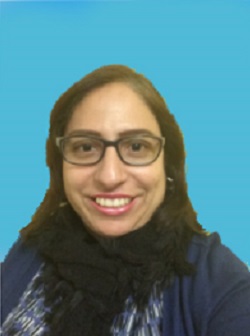
Dr. Adriana Angarita Fonseca completed her PhD student in the Department of Community Health and Epidemiology at the University of Saskatchewan in 2020. She is currently a post doctoral fellow at the University of Montreal. She received her Bachelor’s degree in Physiotherapy from Universidad Industrial de Santander (UIS), Colombia. She earned a Master’s degree in Epidemiology from Universidad de Santander (UIS) and a second Masters degree with highest distinction in Statistics from Universidad de Valparaiso, Chile. Prior to coming to Saskatoon, she worked as an assistant professor in the Physical Therapy Program at the Universidad de Santander (UDES), Colombia. She conducted several epidemiological studies and analyzed several datasets related to different aspects of health: disability; aging; posture; musculoskeletal pain; physical activity; fitness; exercise; health-related quality of life; health services, and obesity. Currently, her main research interest is musculoskeletal epidemiology, particularly low back pain. In addition, The Administrative Department of Science, Technology, and Innovation -Colciencias- from Colombia recognized her as a research associate for the period April 2015 - April 2017.
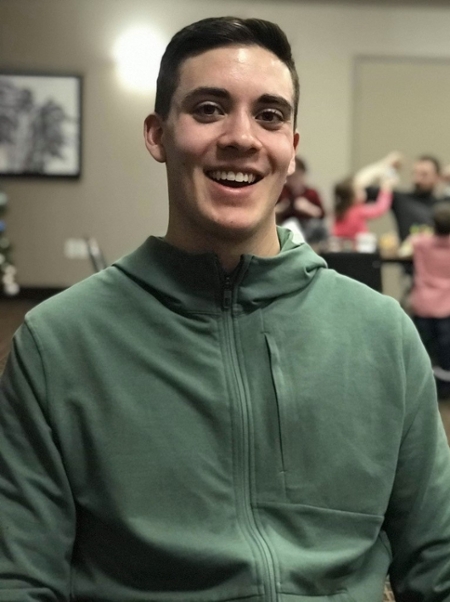
Project Title: Virtual Pre-Surgical Education Pathway for Indigenous Patients Accessing Total Joint Replacements - Needs Assessment Program: 2nd year in the Masters of Physical Therapy Program, School of Rehabilitation Science